About Nebula Protocol Airdrop
Nebula Protocol Airdrop is a protocol built on Terra that enables users to invest in narratives and strategies expressed through decentralized basket instruments called clusters. Clusters are smart contracts that manage a dynamic investment strategy.
Nebula clusters enable users to passively take part in an endless array of evolving narratives and algorithmic strategies by simply holding the cluster’s token – a redeemable share of a cluster’s underlying inventory.
Nebula Protocol is airdropping a total of 10,000,000 NEB to LUNA stakers. Users who had staked LUNA to Terra’s validators as of block 7169420, excluding those in the top 5 by voting power at the snapshot height, will be able to claim free NEB.
| Basic | Details |
|---|---|
| Token Name | Nebula Protocol Airdrop |
| Platform | Terra |
| Total Value | 10,000,000 NEB |
| Airdrop End | N/A |
| KYC | KYC Is Not Requirement |
| Whitepaper | Click Here To View |
| Max. Participants | Unlimited |
| Collect Airdrop | Click Here To Collect Free Airdrop |
Step-by-Step Guide:
- Visit the Nebula Protocol airdrop claim page.
- Connect your Terra wallet.
- If you’re eligible, then you will be able to claim free NEB.
- Users who had staked LUNA to Terra’s validators as of block 7169420, excluding those in the top 5 by voting power at the snapshot height, will be able to claim free NEB.
- For more information regarding the airdrop, see this Medium article.
Synopsis
Nebula is a protocol built on Terra that enables users to invest in narratives and strategies expressed through decentralized basket instruments called clusters. Clusters are smart contracts that manage a dynamic investment strategy.
These clusters possess two main unique properties:
Programmable, updates for target weight allocation
As opposed to its TradFi counterparts which are seldom managed and adjusted through rigid parameters, Clusters can quickly adjust their target allocations as frequently as every block, to actively steer their inventory composition to stay course or pivot according to their designed strategy. There are no inherent restrictions on the possible logic used or the assets included, and thus no limitations to what strategies the cluster can follow
Decentralized, continuous rebalancing
Whereas traditional structured products are periodically balanced by a centralized entity, clusters are continuously and organically kept in balance with their target through the activity and actions of the users of the protocol themselves. Clusters need no active management and are powered from the organic activity of Nebula users.
Tokens
There are several tokens involved in Nebula Protocol with different functions:
| Name | Symbol | Type | Description |
|---|---|---|---|
| TerraUSD | UST | Native | Stablecoin, primarily used for trading and providing liquidity to Cluster Tokens pools |
| Cluster Token | CT | CW20 | Tradable share of a Cluster’s inventory |
| LP Token | LP | CW20 | Earned by providing liquidity to CT-UST pairs, can be staked to earn LP rewards |
| Nebula Token | NEB | CW20 | Governance token and mechanism incentive |
Clusters
A cluster is a decentralized index that tracks a programmable allocation of assets. Each cluster is implemented as a smart contract that incentivizes users to execute rebalancing deposits / withdrawals in amounts that maintain its token balances in line with cluster’s target allocation.
A cluster issues tradable shares of its inventory called cluster tokens (CT), which are minted when users deposit assets into the cluster, and can be later returned and burned for a portion of the cluster’s managed holdings in the original underlying assets.
Nebula allows users to “invest in stories” through holding and trading various cluster tokens. Clusters express tradable narratives through their dynamic allocation of assets and, when combined, allow users to construct expressive portfolios with a richer vocabulary of investment theses and strategies.
Advantages of Clusters
- Maximizes Flexibility: Nebula is designed to impose as few restrictions on the potential designs of clusters as possible. This includes both the assets that are included in clusters themselves, as well as the logic and algorithm that defines how the cluster composition are rebalanced and managed.
- Minimizes Centralized Control: Traditional financial products rely on various middlemen to dictate how they are designed, managed, and adjusted. With Nebula, we aim to give those decision-making powers back to those that are actually using the protocol; the community. They will be the one who decides.
- Increases Index Maintenance/Adjustment Efficiency: Instead of relying on centralized parties to intermittently rebalance and adjust clusters, Nebula implements various incentive and other mechanisms to encourage the community to actively take part in maintaining the health of the protocol.
Voting
The community votes on whether to approve the creation of the proposed cluster. If the poll gains enough voter support and passes, the cluster is automatically instantiated once the poll is executed, and initialized with the following procedure:
- Set the new cluster’s configuration according to the poll’s specifications.
- Instantiate a new CW20 token as the cluster token, mintable only by the new cluster.
- Instantiate a new Astroport pair for the new cluster’s cluster token and UST.
- Register the new cluster with the protocol so it can begin to receive staking rewards






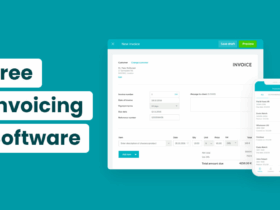

























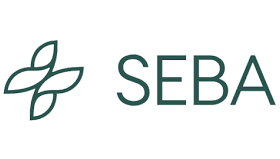

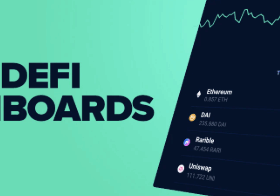




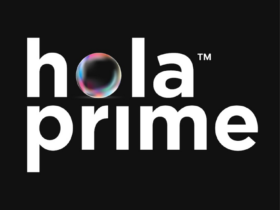
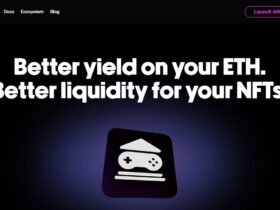
Leave a Reply